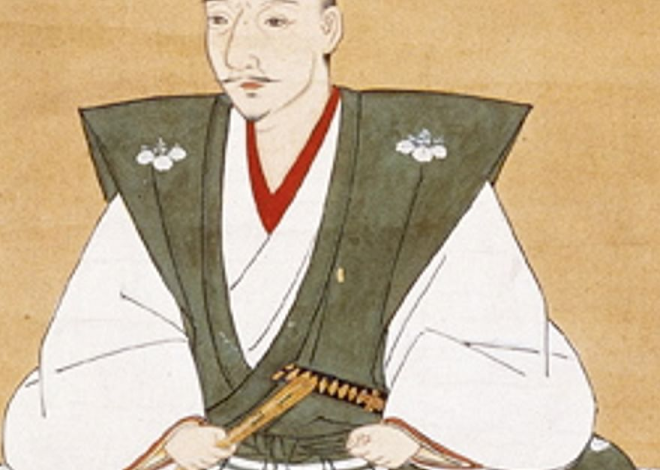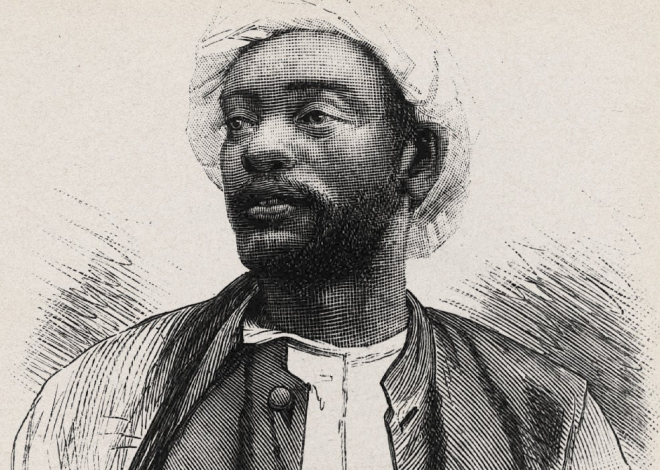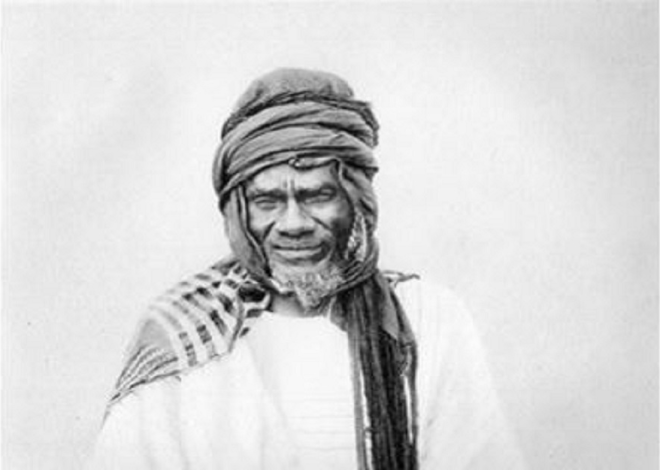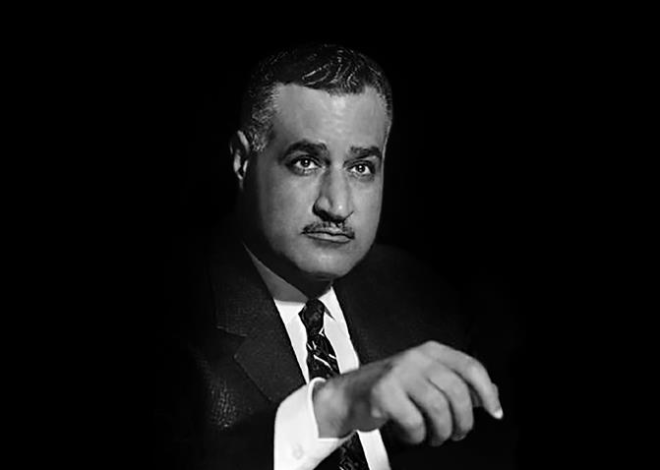
Jerry Rawlings
Jerry John Rawlings was a Ghanaian military officer and politician who played a significant role in Ghana’s modern history. He was known for his leadership as a military ruler and later as a civilian president.
Here is a detailed history of Jerry Rawlings:
Early Life and Military Career:
- Rawlings was born on June 22, 1947, in Accra, Ghana, to a Scottish father and a Ghanaian mother. He was educated at Achimota School and the Military Academy at Teshie.
- Rawlings joined the Ghanaian Air Force in 1967 and became a Flight Lieutenant. He later became disillusioned with the government’s corruption and abuses of power, which motivated his entry into politics.
The 1979 Uprising:
- On May 15, 1979, Rawlings led a group of junior officers in a coup attempt against the ruling government of General Fred Akuffo. The coup failed, and Rawlings was arrested.
- However, popular demonstrations and a groundswell of public support forced Rawlings’ release from detention. His speeches during the trial resonated with Ghanaians, and he became a symbol of resistance against corruption and mismanagement.
The 1981 Coup:
On December 31, 1981, Rawlings led another successful coup, ousting President Hilla Limann’s government. This marked the beginning of the Provisional National Defense Council (PNDC) era, a period of military rule.
Military Rule and Revolutionary Reforms:
- During the PNDC era, Rawlings initiated a series of economic and political reforms aimed at curbing corruption and improving the living conditions of ordinary Ghanaians.
- These reforms included the “house cleaning” exercise, which targeted corrupt officials and businessmen, and the promotion of self-reliance and indigenous industries through policies like the “boom bono foforo” (development through hard work).
Transition to Democracy:
- Rawlings gradually transitioned Ghana from military rule to democracy. In 1992, he allowed multiparty elections and won the presidential election as the candidate of the National Democratic Congress (NDC).
- He was reelected in 1996 and served as Ghana’s democratically elected president from 1993 to 2001.
Contributions and Controversies:
Rawlings’ presidency saw mixed reactions. He is credited with stabilizing Ghana’s economy and promoting social justice through policies like free maternal healthcare. However, his rule was also criticized for human rights abuses, including media censorship and political violence.
Post-Presidential Life:
After leaving office in 2001, Rawlings remained active in Ghanaian politics and continued to voice his opinions on various national and international issues.
- After leaving office in 2001, Rawlings remained active in Ghanaian politics and continued to voice his opinions on various national and international issues.
- He passed away on November 12, 2020, in Accra, Ghana, at the age of 73.
Jerry Rawlings’ legacy is complex. While he is celebrated by some for his fight against corruption and his contributions to Ghana’s political stability, others criticize his methods and actions during his time in power. His influence on Ghana’s political landscape and his role as a symbol of resistance and change in the country’s history cannot be denied.







